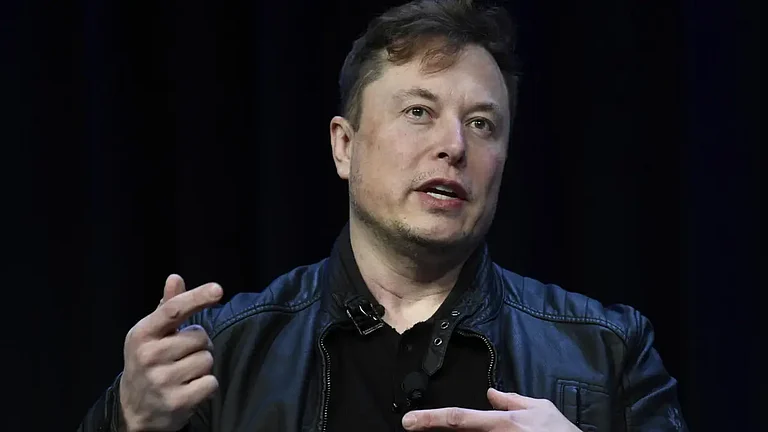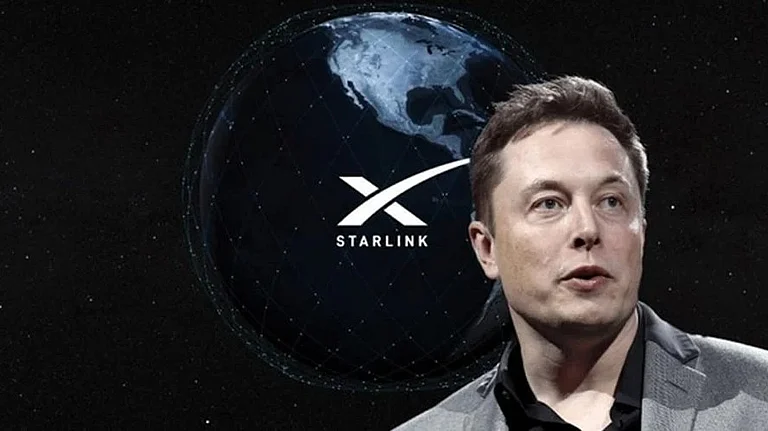Elon Musk’s Starlink has bagged the Indian government’s approval to launch satellite internet services in the country. The Department of Telecommunications (DoT) has issued a letter of intent to Starlink after the billionaire Musk-owned company agreed to comply with license-related terms and conditions, especially those critical to national security, the Mint reported. This is likely to end the Elon Musk-owned company’s long struggle to get the government’s regulatory approval to enter the Indian internet market.
“As per the process, the company has been issued the letter of intent. They will start preparation to launch its services in the country,” Mint reported, citing an official. reported, citing an official. The company will first give demonstrations of its services and after that it will be awarded the final license to operate, the official added.
On May 6, Minister of State for Communications Chandra Sekhar Pemmasani had said that Starlink’s application process was in the final stages of approval.
This development comes just a day after the government increased strictness in security norms for companies offering satellite internet services, including compulsory data localisation, lawful interception, gateway security clearance, and local manufacturing.
Moreover, the development is good for Indian telecom companies like Reliance Jio and Bharti Airtel, which have announced partnerships with Elon Musk’s Starlink. These Indian telecom giants had announced a joint venture with Starlink, provided billionaire Musk-owned company received the required regulatory approvals.
“This is the first agreement to be signed in India, which is subject to SpaceX receiving its authorisations to sell Starlink in India,” Airtel and SpaceX had said in a joint statement in March this year.
Starlink had applied for the Global Mobile Personal Communication by Satellite (GMPCS) license in 2022. The license is a mandatory requirement to operate satellite-based communications services in India.
Musk’s satellite internet firm will also require approval from the Indian National Space Promotion and Authorisation Centre (IN-SPACe) for its constellation of satellites and the capacity it plans to deploy in India.
































